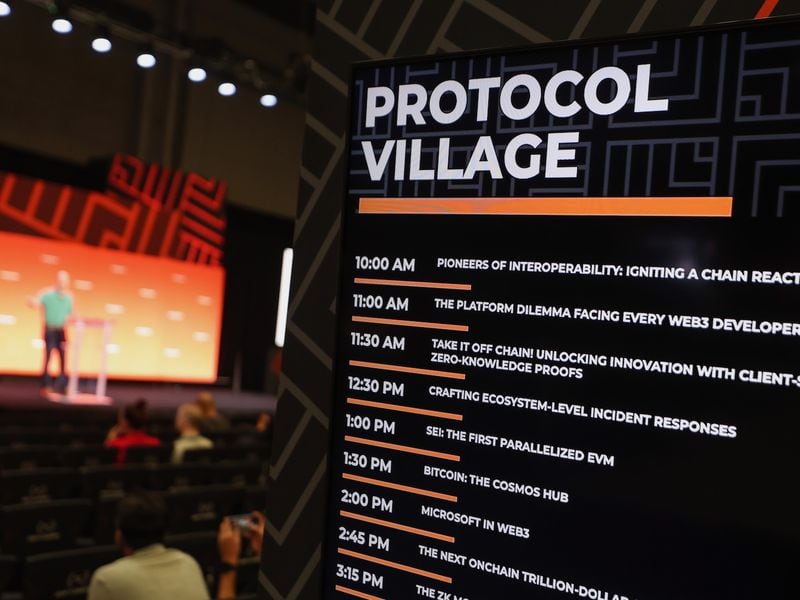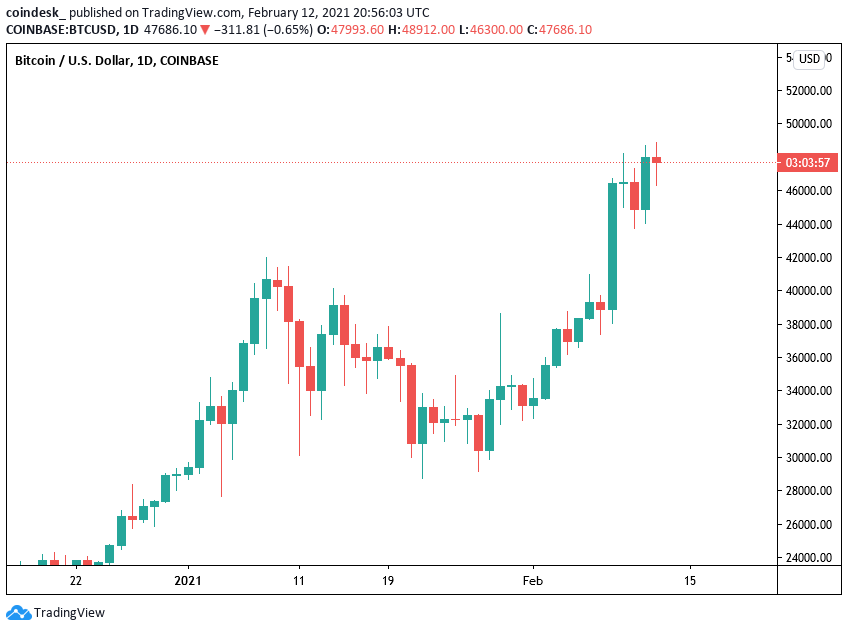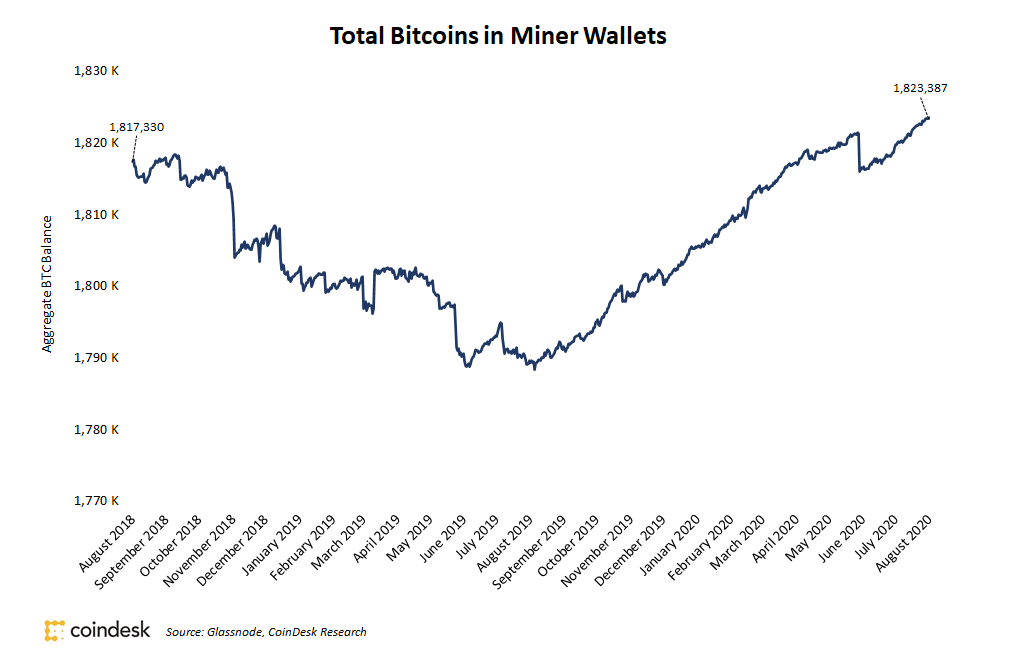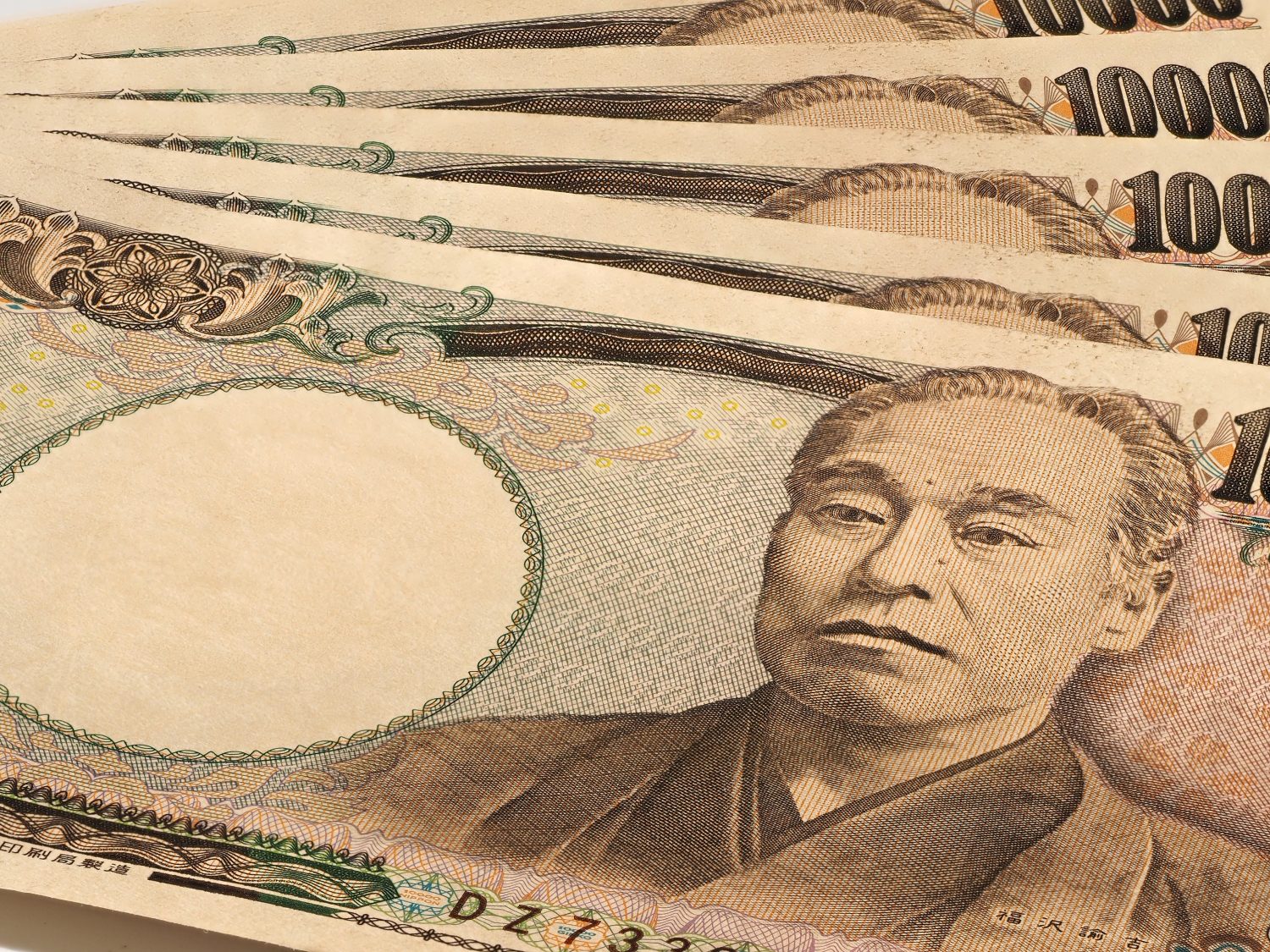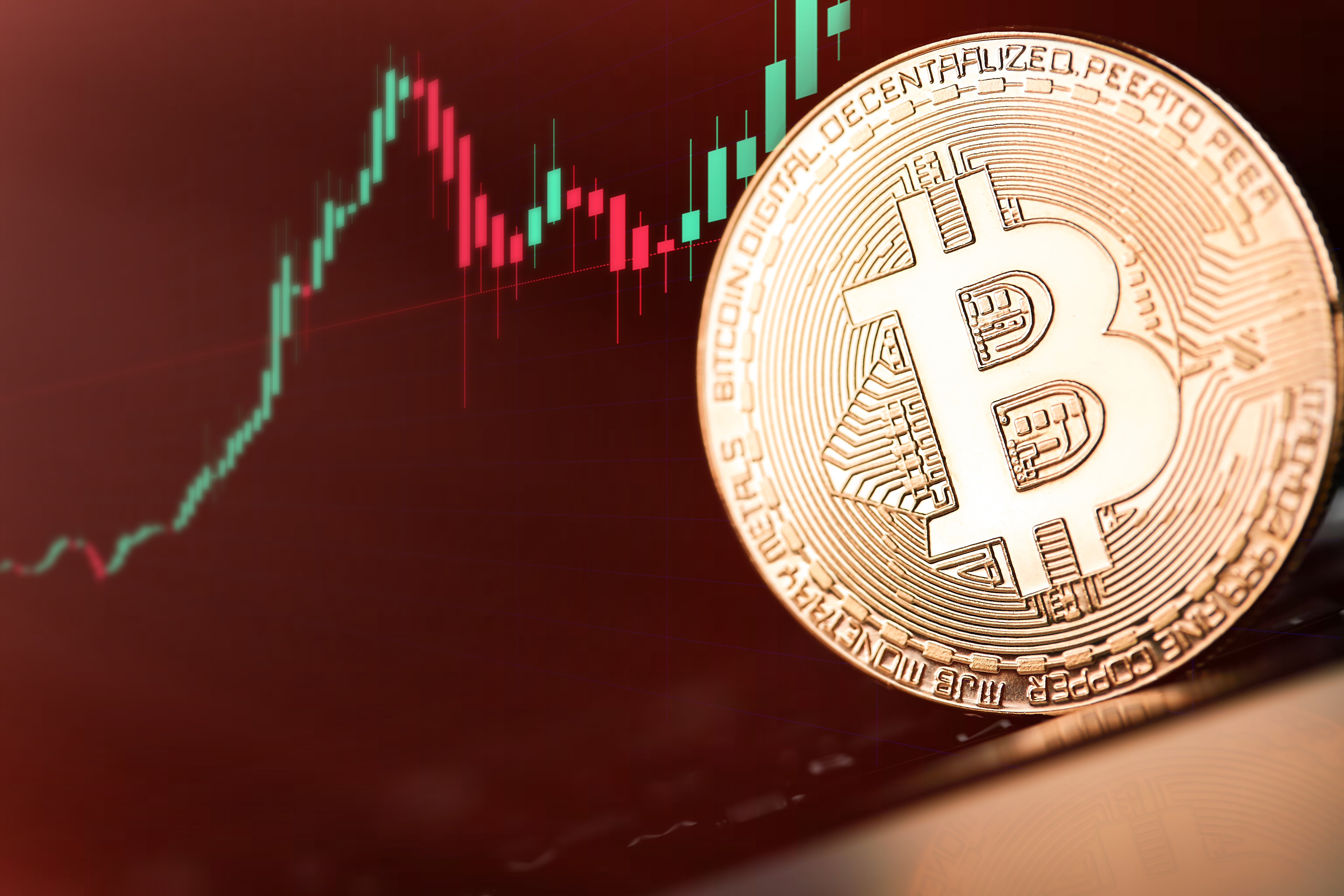EU-Funded Report Calls for Crypto ID Checks, Police Training to Combat Darknet Markets
Featured SpeakerChristy Goldsmith Romero
CommissionerU.S. Commodity Futures Trading Commission

Explore the policy fallout from the 2022 market crash, the advance of CBDCs and more.
:format(jpg)/www.coindesk.com/resizer/VDk3MowyGg2DUxeRJFgGIHdZ6SE=/arc-photo-coindesk/arc2-prod/public/ZHFQDVVL5ZHVNGH7MTIESP35ZU.jpg)
Jack Schickler is a CoinDesk reporter focused on crypto regulations, based in Brussels, Belgium. He doesn’t own any crypto.
Featured SpeakerChristy Goldsmith Romero
CommissionerU.S. Commodity Futures Trading Commission

Explore the policy fallout from the 2022 market crash, the advance of CBDCs and more.
A European Commission-funded report has called for tougher identity checks on crypto exchange users as regulators seeks to combat the rising use of darknet marketplaces to buy illegal substances.
The report, commissioned by the European Monitoring Centre for Drugs and Drug Addiction, an agency of the European Union, comes as lawmakers in the bloc push for tougher anti-money laundering checks on transactions made using cryptocurrency – and it cautions that better police training could prove more effective than outright bans.
“It is critical that countries around the world implement the recommendations from the Financial Action Task Force,” ensuring the users of exchanges, brokers and ATMs can be identified when they cash out illicit gains, it added.
The report, authored by Kim Grauer and Eric Jardine of Chainalysis, cites the use of darknet marketplaces as persistent and rising in spite of enforcement efforts. Chainalysis is a blockchain research platform that provides blockchain analytics solutions to regulators, and has millions of dollars of contracts with U.S. government agencies.
Forbidding the use of cryptocurrency entirely does little to curb darknet activity, and police-led closures such as that of Hydra in 2022 tend to have only short-lived impacts, as other alternatives spring up to replace it, the report said – but investigators can also improve their ability to respond.
Law enforcement “require training on the technologies that are being employed and the new investigative techniques necessary for conducting these sorts of investigations,” the report said, citing skills such as using encrypted platforms, and how to trace and seize crypto.
EU lawmakers are due to vote next week on landmark new licensing rules for the crypto sector, which would include identity checks on users transferring funds. The European Parliament has also pushed to impose upper limits on anonymous crypto transactions as part of a wider money-laundering overhaul.
Edited by Sandali Handagama.
DISCLOSURE
Please note that our
privacy policy,
terms of use,
cookies,
and
do not sell my personal information
has been updated
.
The leader in news and information on cryptocurrency, digital assets and the future of money, CoinDesk is a media outlet that strives for the highest journalistic standards and abides by a
strict set of editorial policies.
CoinDesk is an independent operating subsidiary of
Digital Currency Group,
which invests in
cryptocurrencies
and blockchain
startups.
As part of their compensation, certain CoinDesk employees, including editorial employees, may receive exposure to DCG equity in the form of
stock appreciation rights,
which vest over a multi-year period. CoinDesk journalists are not allowed to purchase stock outright in DCG
.
:format(jpg)/www.coindesk.com/resizer/VDk3MowyGg2DUxeRJFgGIHdZ6SE=/arc-photo-coindesk/arc2-prod/public/ZHFQDVVL5ZHVNGH7MTIESP35ZU.jpg)
Jack Schickler is a CoinDesk reporter focused on crypto regulations, based in Brussels, Belgium. He doesn’t own any crypto.
Learn more about Consensus 2023, CoinDesk’s longest-running and most influential event that brings together all sides of crypto, blockchain and Web3. Head to consensus.coindesk.com to register and buy your pass now.
:format(jpg)/www.coindesk.com/resizer/VDk3MowyGg2DUxeRJFgGIHdZ6SE=/arc-photo-coindesk/arc2-prod/public/ZHFQDVVL5ZHVNGH7MTIESP35ZU.jpg)
Jack Schickler is a CoinDesk reporter focused on crypto regulations, based in Brussels, Belgium. He doesn’t own any crypto.

